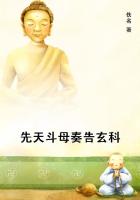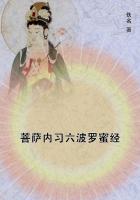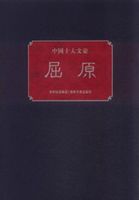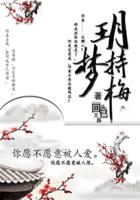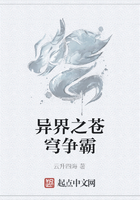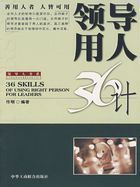It has been said that one finds in Adam Smith nearly all the explanations of value which have ever been attempted. What is certain is that, in his explanation, Adam Smith has put together two views that contradict each other. To put it shortly: he gives two theories, one philosophical, the other empirical. In the first he tries to make clear what should be thought of as the characteristic attribute of value; what it is we ascribe to some things and deny to others that, to all appearance, are entirely the same; what it is of which we ascribe a great deal to certain things and very little to other things which, measured by outside standards, seem infinitely superior. In this view value is an attribute per se, coinciding with no other that we know, and, least of all, with the usefulness of things. In carrying out this attempt Adam Smith first of all abstracts from the complicated circumstances of ordinary economic life, and confines himself to the simple, primitive, natural state. In this state he finds that it is labour in which value originates. Goods are worth to us what they cost in labour, and what, therefore, their possession saves us in labour. The idea of value thus arrived at Adam Smith goes on to apply to the empirical instances of the phenomenon of value. Thereafter when he comes across value he sees nothing mysterious in it; he has a means of distinguishing it from the other attributes of things; he knows how to get to the heart of it; indeed, through its relation to the labour from which it receives its content, he can even measure it.
But, independently of this, Adam Smith describes -- and here we come to his empirical theory -- the causes of value and of the more or less of value, as he finds them in actual life. He sees clearly that labour which he has recognised as, philosophically, the sole cause of value, is not also, practically, its sole cause. As a rule three factors together, he thinks, make up the exchange value of products; besides the labour of production there is also interest on the capital required and rent of the land required. This is not to say that the "value" of observed experience is of another nature from the "value" of philosophy.
That value which is created by land and capital is of the same nature as that created by labour. As regards it also, it is labour to which we must refer, if we are to grasp its content and measure it. The only sign of his being aware that there is any contradiction between his philosophical and his empirical explanation is where he passes from describing the primitive natural condition of economic life to describing a society based on private property in land and capital. Here he cannot resist a gibe at those who "love to reap where they never sowed,"although, once within the kingdom of reality, he takes interest and rent into his system as self-intelligible facts.
Nearly half a century passed, and then Ricardo tried to clear his master's doctrines of their imperfections. Ricardo deeply felt the contradiction which Adam Smith had scarcely noticed. How did he seek to remove it? In a way that, more than Adam Smith's mistake, betrayed how young a science political economy was.
To-day when, in virtue of the labours of these great pioneers of the science, we stand face to face with the problems which are to be solved, it is scarcely possible to put ourselves back into those conceptions in which they first gave shape to their observations and thoughts. In their effort to escape from absolute perplexity they took frank delight in explanations which, to us now, are more of a riddle than the phenomenon they were meant to explain. What, then, did Ricardo attempt? His whole endeavour exhausted itself in tying to show that the philosophical and the empirical theory of Adam Smith, -- both of which, indeed, in taking up this position he had to clear and carry further, -- did not contradict each other so much as at first sight would appear. If we limit ourselves to the general rule and the average, value as it is and value as we get it from labour, agree in their amounts -- not altogether, indeed, but almost so -- with one exception, which is so trifling that it may be quite properly neglected. Of the two empirical factors in the formation of value which Adam Smith named besides labour, the rent of land -- and this was the ultimate gain of Ricardo's famous theory -- is entirely eliminated. Rent does not determine the value of products but is determined by that value. Interest, of course, remains, but Ricardo thinks he has shown that it increases with the value of products in, approximately, the same ratio as the quantities of labour required for production, so that the quantities of labour do, in the long run, give a fairly true measure of the value relations of all products. Interest, as treated in this way, forms no hindrance to his system, and Ricardo consequently does not really try to explain it. He takes it as he finds it -- a fact that needs no explanation. This treatment, which has excited the astonishment of so many later writers, is perfectly intelligible if we remember the impulse which set Ricardo's mind to work. He had no intention of explaining the whole of economics. He wished to show only that the value which is, is very much the same as the value which can -- although only from a certain point of view -- be understood.
Ricardo was the last man in the world to think of reforming economic life. He never opposed, to the value which is, the value which ought to be. It never came into his mind to condemn interest, and his system, understood in the sense of its author, does not in the least involve the condemnation of interest. In this there is nothing illogical, and when the socialists base their crusade against interest on his system, they do not complete it, as they imagine they are doing, but destroy it. Only if interest is undoubtedly a good thing can over pass over it as Ricardo does.


